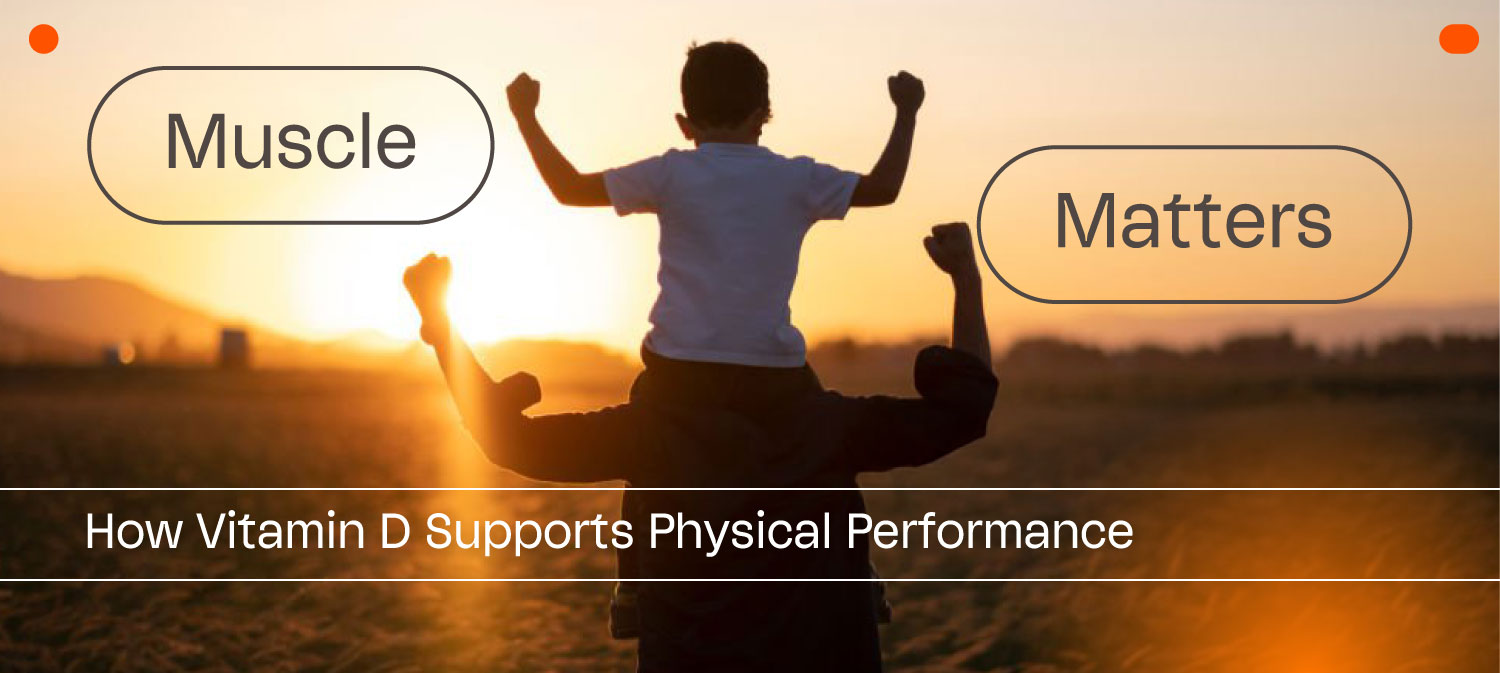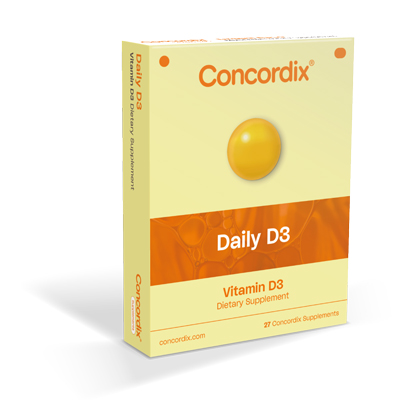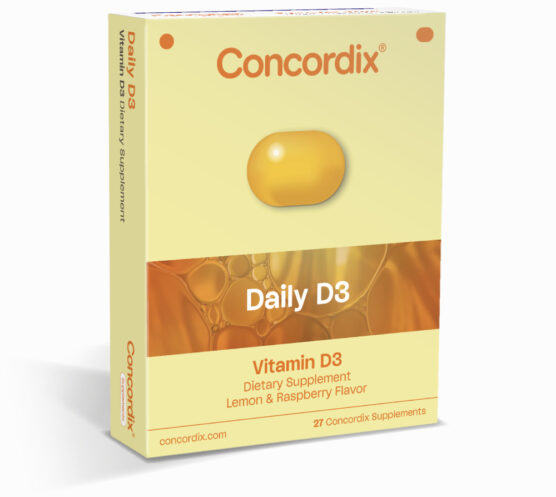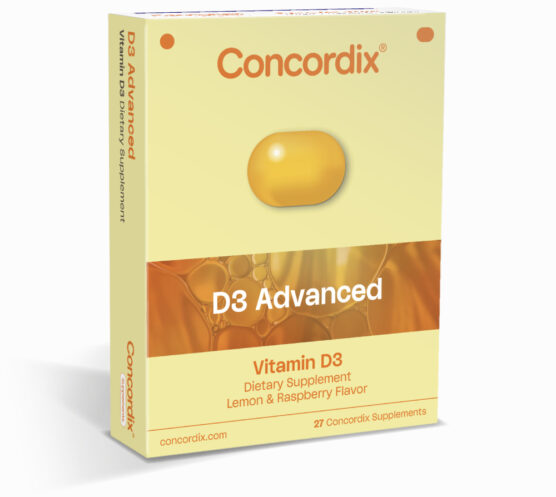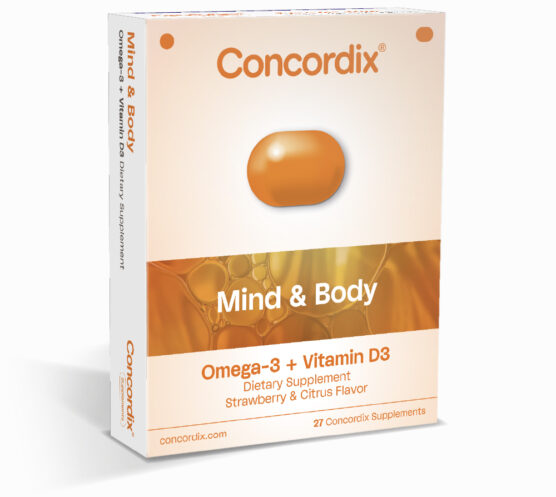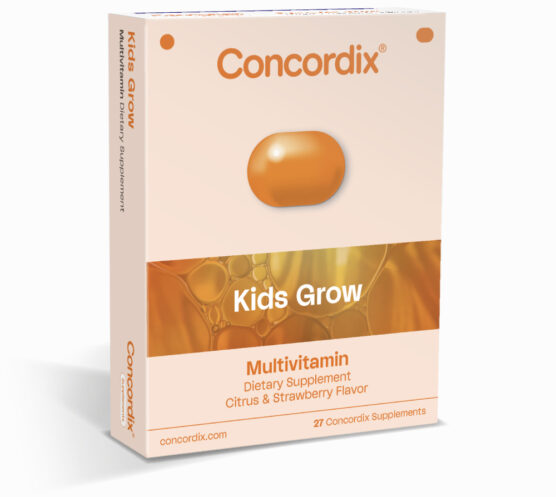What if one simple nutrient could power your muscles, speed your recovery, and help you stay strong and energized at any age? Most people know vitamin D as the “bone health” vitamin, but its benefits extend far beyond that. When it comes to muscle strength, performance, and resilience, vitamin D isn’t just important—it’s absolutely essential. Whether you’re an athlete striving for your next personal best or simply want to move through life with greater strength and ease, vitamin D is a valuable asset to support you on your journey.
Why Muscles Need Vitamin D
Vitamin D works at the cellular level to support muscle strength and performance. This occurs when it binds to specific receptors in muscle cells known as vitamin D receptors (VDRs). When vitamin D connects with these receptors, it initiates a series of events that promote muscle growth, repair, and optimal functioning. (1) Think of vitamin D as a key that unlocks two critical doors in your muscles:
- It activates genes that help muscle fibers grow and regenerate, supporting both strength and recovery.
- It manages how calcium moves in and out of muscle cells. Since calcium is what allows muscles to contract and relax, this is vital for everything from simple movements to powerful athletic performance.
Without enough vitamin D, these processes slow down. Muscles may become weaker, fatigue more quickly, and take longer to recover after activity or injury.(2)
Research shows that vitamin D can help muscle cells grow and develop into stronger fibers. In animal studies, not having vitamin D receptors leads to smaller, weaker muscles and a higher risk of muscle loss. What’s more, researchers find that taking vitamin D after an injury may help muscles heal faster, reduce damage, and support better recovery.(3)
The Hidden Epidemic: Widespread Vitamin D Deficiency
Vitamin D deficiency is shockingly common, affecting hundreds of millions of people worldwide, including many who live in sunny climates or lead active lifestyles. (4) Factors like limited sun exposure, darker skin tones, aging, indoor living, and even diligent sunscreen use can all interfere with your body’s natural ability to make vitamin D.
And this isn’t just a minor inconvenience. Studies link inadequate vitamin D levels to reduced muscle strength and endurance, slower recovery after exercise or injury, a higher risk of falls and mobility issues (especially in older adults), and an increased risk of muscle strains and injuries in athletes. (5)
That’s bad news for longevity. Muscle strength and mobility are key predictors of how well you age. When muscles weaken, it triggers a chain reaction—less activity, more frailty, and a faster decline in overall health.
Even if you feel healthy, you might not be getting enough vitamin D to support optimal muscle performance. The consequences can be subtle: slower recovery, increased fatigue, and a gradual loss of strength that often goes unnoticed.

